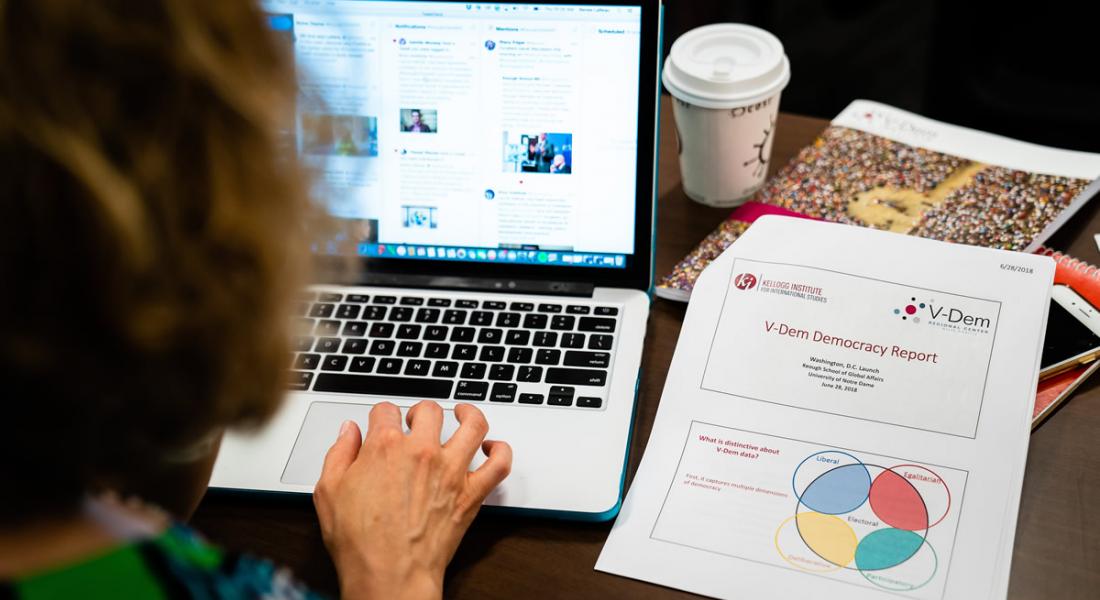
The Varieties of Democracy Project (V-Dem) is an ambitious international effort, initially seeded by funding from the Kellogg Institute, to produce new indicators of democracy for all countries since 1900. With measures of democracy in great demand, V-Dem provides the global community with the world’s most comprehensive, accurate, and detailed democracy ratings. In July 2018, The Keough School of Global Affairs, of which the Kellogg Institute is a part, hosted a V-Dem briefing in Washington, DC.

The Kellogg Institute has served as a key partner for V-Dem under the leadership of Kellogg Faculty Fellow Michael Coppedge, a professor of political science who is one of the project’s principal investigators.
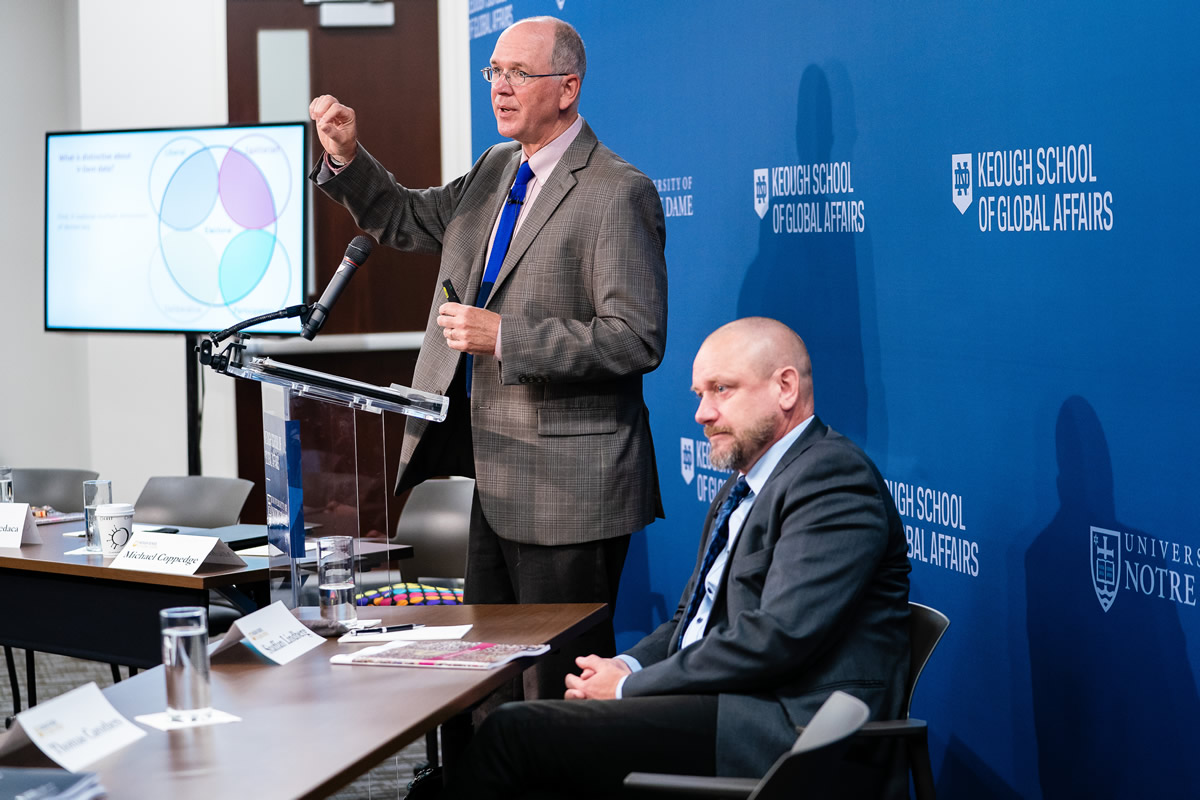
Globally speaking, levels of democracy are close to an all-time high, though freedom of expression, media, and civil society are under attack in many parts of the world, Coppedge said. In several key countries, including the United States, autocratization is manifesting itself in several ways.

“Autocrats and wannabe autocrats are learning to play the game,” Lindberg said. “Elections are what the international community is watching so they make them look good. But the things that make elections truly meaningful – media, academic freedom, participation in civil society – those are the things autocrats have learned to manage while making elections look good. This is a worrying trend.”

“It’s the binary things that are improving: Is there an election or not? Is there universal sufferage or not? There’s a slice of grey with things like rule of law, freedom of expression, and freedom of association. When those are violated we know it; when they are adhered to we know it. But there’s a grey area that authoritarian leaders are using to make it look like they are following democratic principles but are promoting their own advancement.”
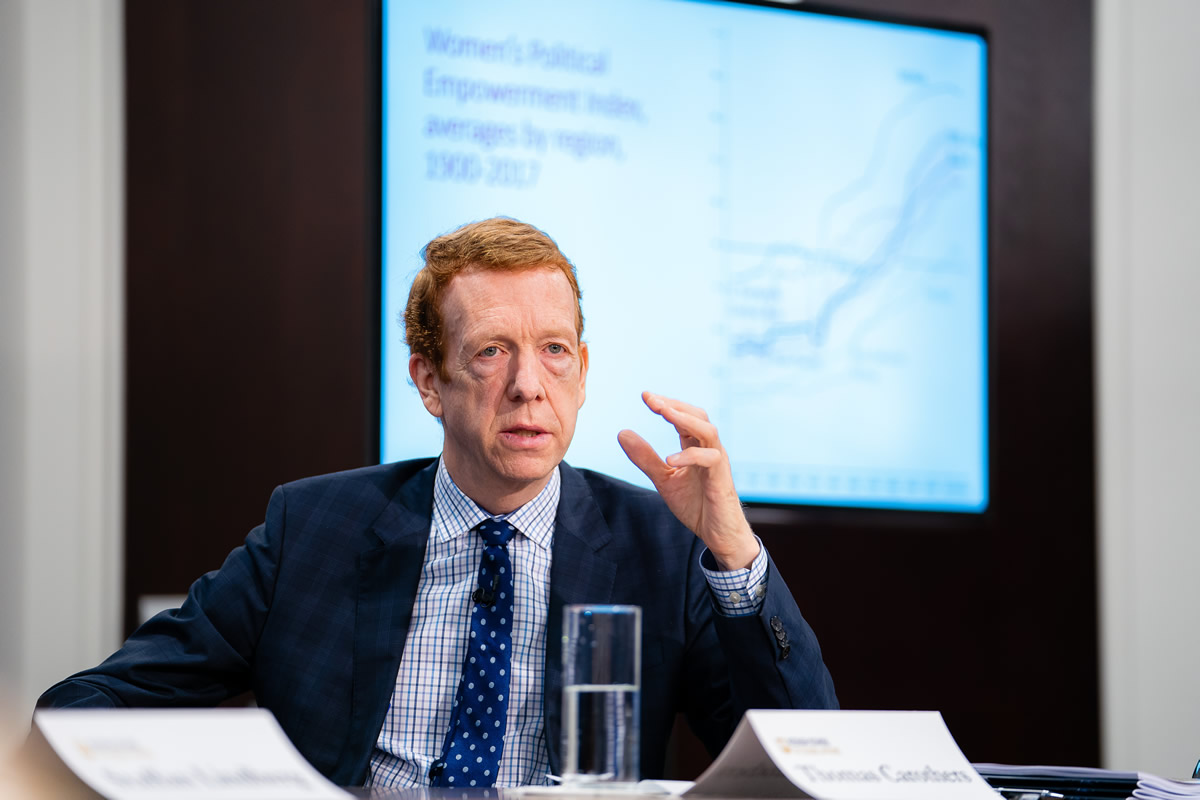
“It’s a remarkable story,” Carothers said. “As we look for signs of progress or hopeful achievements, women’s participation is an area that is experiencing encouraging progress.”
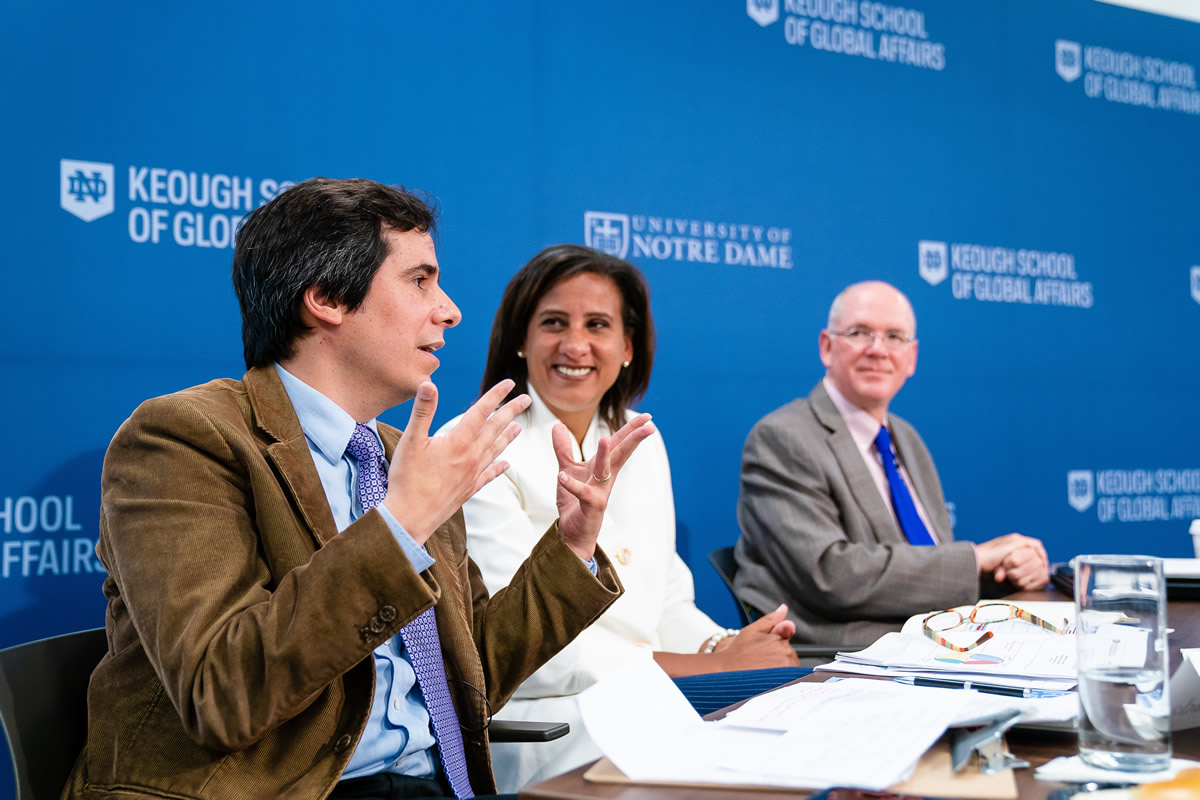
“In my day job I’m inundated every week with books proclaiming the end of democracy,” he said. “It’s gratifying to see this effort bring data and depth to those claims.”
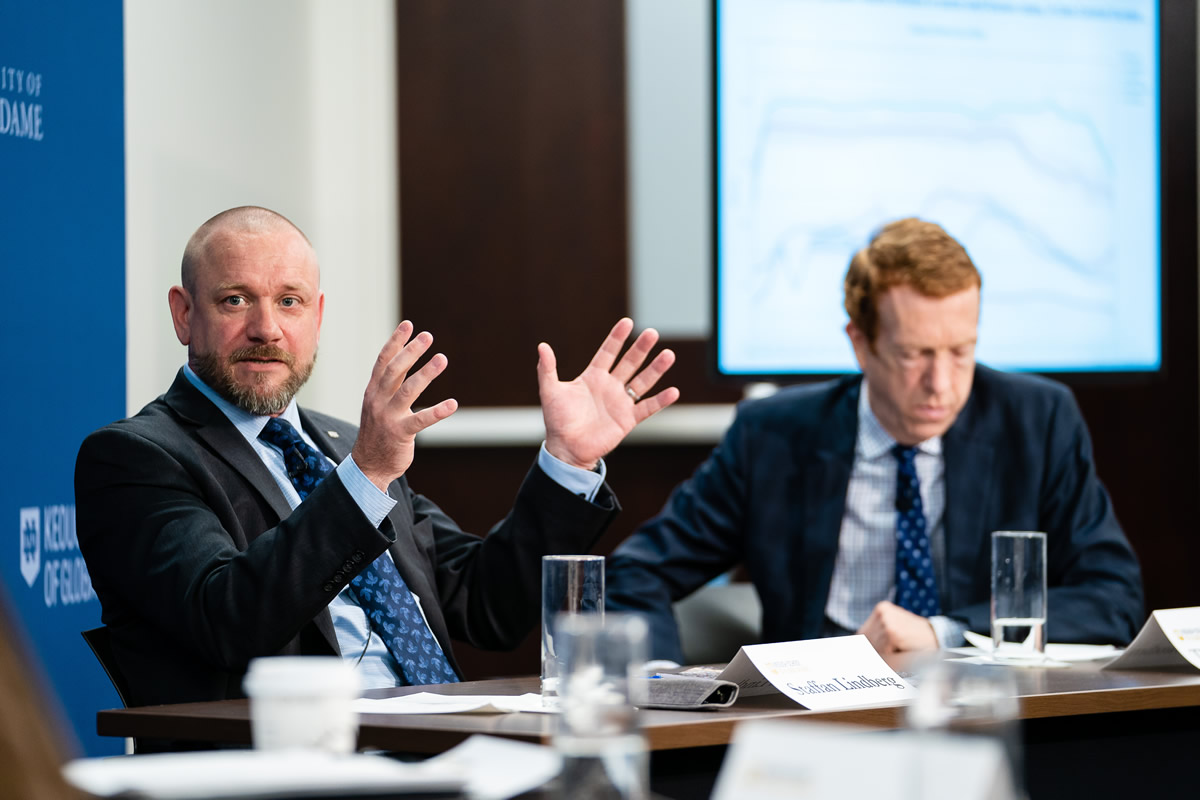
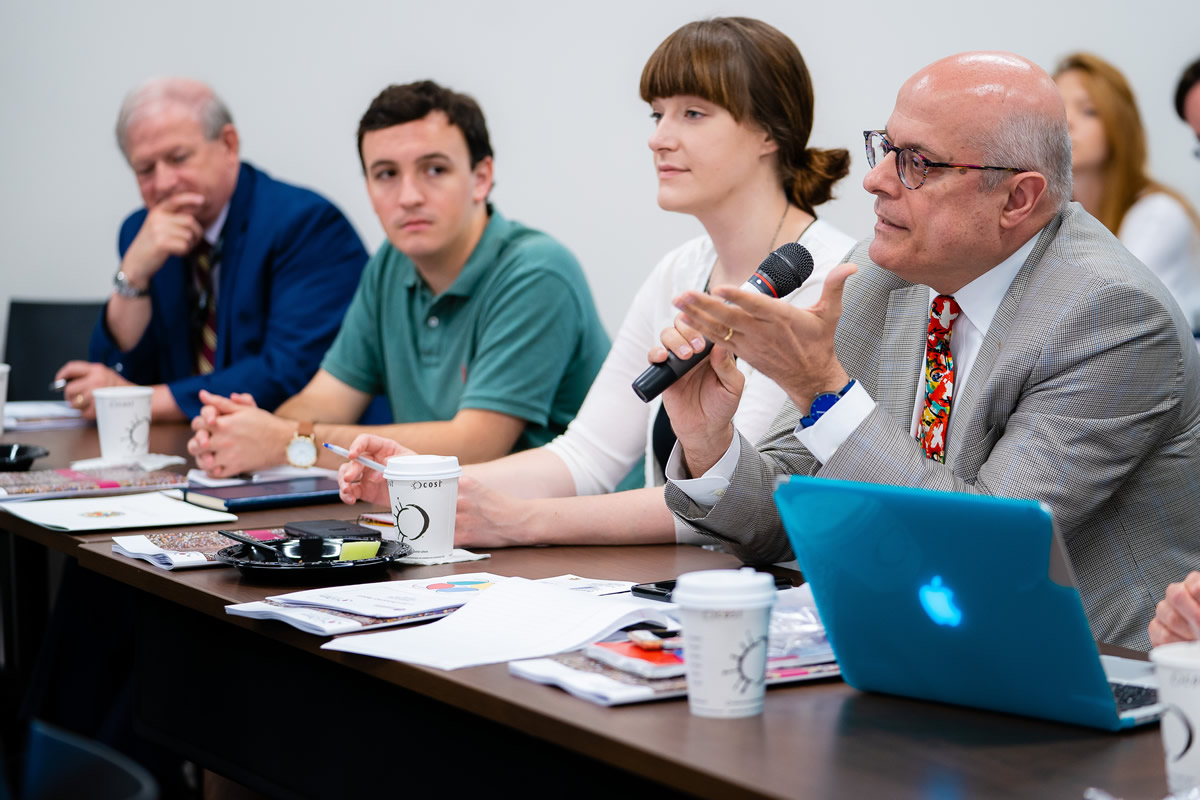
Download 2018 report
Watch event video
Originally posted at keough.nd.edu.





